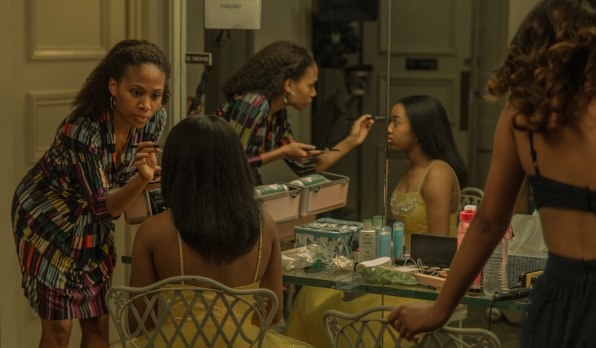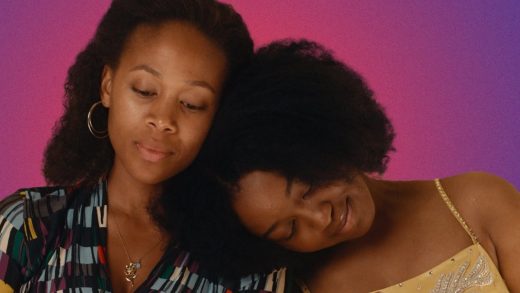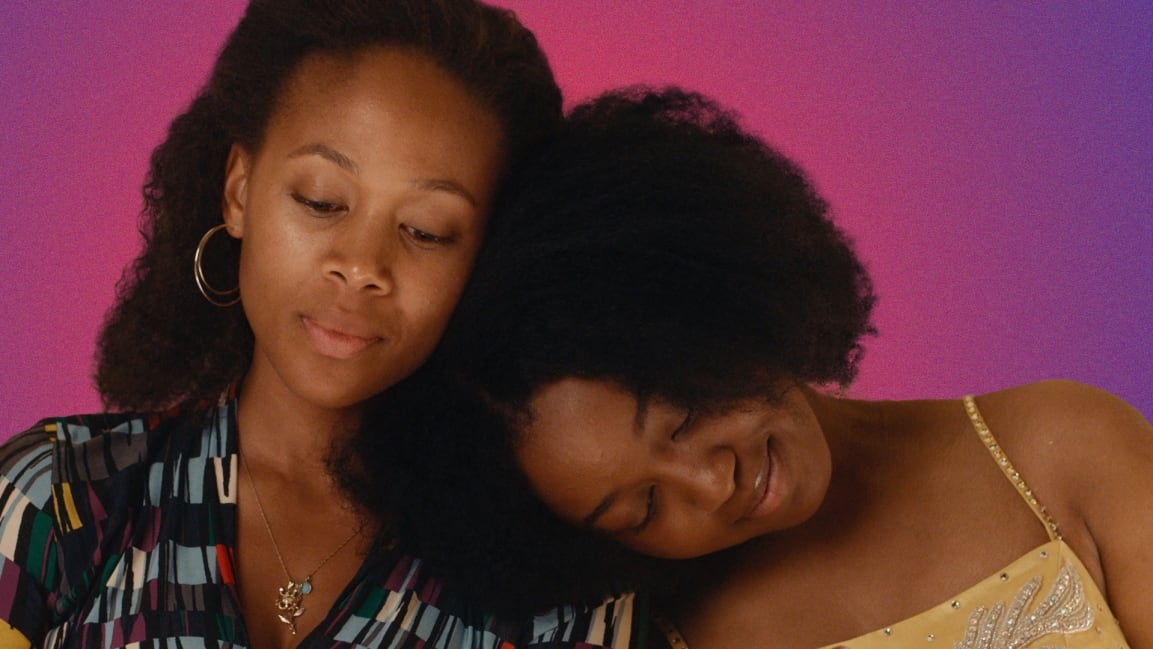There’s never been a more relevant time for a movie like ‘Miss Juneteenth’
Even though Juneteenth has been celebrated for more than 150 years, it’s never been absorbed in the greater canon of American holidays.
Also known as Jubilee Day, Juneteenth marks the day on June 19, 1865, when slaves in Texas finally achieved their freedom two years after the Emancipation Proclamation went into effect. Naturally, Juneteenth is a state holiday in Texas and commemorated by Blacks nationwide, but it’s always stopped short there—that is until the recent protests against police brutality dialed up the conversation around systemic racism to a pitch finally high enough not to ignore.
Celebrities are getting fired for racially insensitive social-media posts they made in the past. Brands are finally realizing that Black lives indeed matter while simultaneously getting dragged for their own shortcomings in inclusion and backtracking on racist brand mascots.
And, yes, more companies across the nation are finally recognizing Juneteenth as an official holiday.
Suffice it to say, there’s an added resonance this year for a movie like Miss Juneteenth.
Directed by Channing Godfrey Peoples, Miss Juneteenth follows Turquoise Jones (Nicole Beharie), a hardworking mom barely getting by with her 15-year-old daughter, Kai (Alexis Chikaeze). But Turquoise sees a way for her daughter to have a better life by pushing her into a Miss Juneteenth pageant, a real-life competition where teenage girls compete for a title and college scholarships. As a former Miss Juneteenth herself, Turquoise is also subconsciously aiming for a bit of redemption, as her life didn’t turn out how she expected.

[Photo: courtesy of Nick Prendergast]
“I was writing this story about a woman with a dream deferred,” Peoples says. “We have to have diverse representation of stories about African American life. But in particular, as a Black woman growing up in America, and especially in Texas, I wanted to tell this specific story about this Black woman’s journey.”
Peoples grew up in Fort Worth and vividly recalls Juneteenth as an “affirming celebration of culture.”
“It was a time to get together with the community,” she says. “I remember the parades, the blues music, the dancing, and the good food. But what was most special for me was going to the Miss Juneteenth pageant.”
“I got to see young Black women who looked like me, in their beauty and their talent and their intelligence,” Peoples continues. “One of the things that I hold on to, and I think has found its way into the movie, is that these young women were hopeful for their future. It was the hope on their face.”
It’s clear at this moment that for the Black community, hope is, as usual, what we have to hold on to until accountability, justice, and reform take its place.
“Juneteenth is much about our ancestors finally getting their freedom, and I really wanted to portray that thematically with Turquoise’s journey,” Peoples says. “We’ve always been having these conversations in the Black community, and now these conversations are being amplified, unfortunately, because of these tragedies.”

[Photo: courtesy of Vertical Entertainment]
“My hope is that the film creates a space in a way for another Black story to be amplified and for more Black stories to be told and more Black voices to be heard,” she continues. “And I don’t mean just as far as movies are concerned, I’m talking about Black voices in the community and Black activists—people that are really on the ground doing the work. We should be listening to Black folks right now.”
Miss Juneteenth is now available on digital and on-demand.
Fast Company , Read Full Story
(26)



